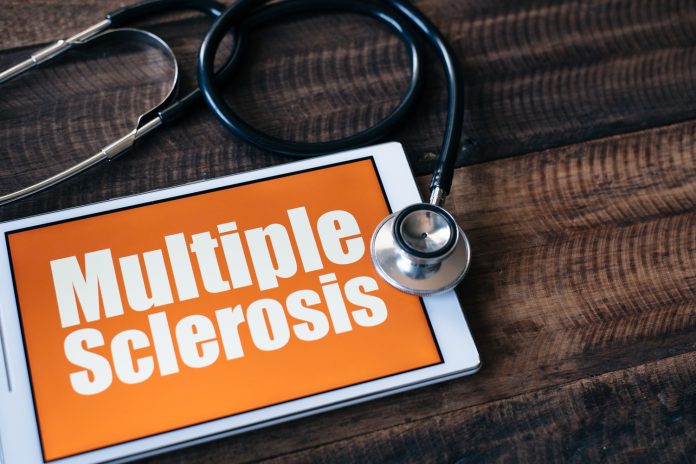The advent of Ocrevus, an MS Medicine, has heralded a new era in the treatment of Relapsing-Remitting Multiple Sclerosis (RRM). The Ocrevus for RRM has been a game-changer, providing patients with an effective treatment option. This article provides an in-depth look at Infusion MS Ocrevus, its prescribing information, and how it is revolutionizing RRM treatment.
1. What is Ocrevus?
Ocrevus, also known as Ocrelizumab, is a disease-modifying therapy (DMT) approved by the FDA for the treatment of both relapsing-remitting and primary progressive forms of Multiple Sclerosis. It works by targeting and depleting a specific type of immune cell that contributes to the inflammatory process in MS.
2. How is Ocrevus administered?
Ocrevus is administered as an intravenous infusion every six months. The first dose is given as two separate infusions, two weeks apart. Subsequent doses are given as a single infusion. This method of administration allows for a controlled and efficient delivery of the medication.
3. What are the benefits of Ocrevus?
The primary benefit of Ocrevus is its ability to significantly reduce relapse rates in people with RRM. Clinical trials have shown that Ocrevus can reduce relapse rates by nearly 50% compared to other DMTs. It also slows the progression of disability and reduces the number of new or enlarging brain lesions.
4. What are the potential side effects of Ocrevus?
Like all medications, Ocrevus has potential side effects. These can include infusion-related reactions, such as flushing, headache, fever, and nausea. More serious but less common side effects can include infections and a potential increased risk of certain types of cancer. It’s important to discuss these risks with your healthcare provider.
5. What is the Ocrevus prescribing information?
Before starting Ocrevus, it’s essential to review the prescribing information. This includes details about the medication’s usage, dosing, potential side effects, and precautions. It also provides information on what to do in case of an overdose, how to store the medication, and what to do if a dose is missed.
In conclusion, Ocrevus represents a significant advancement in the treatment of RRM. It offers patients an effective treatment option that can significantly reduce relapse rates and slow disease progression. As with any medication, it’s important to discuss the potential benefits and risks with your healthcare provider before starting treatment.


